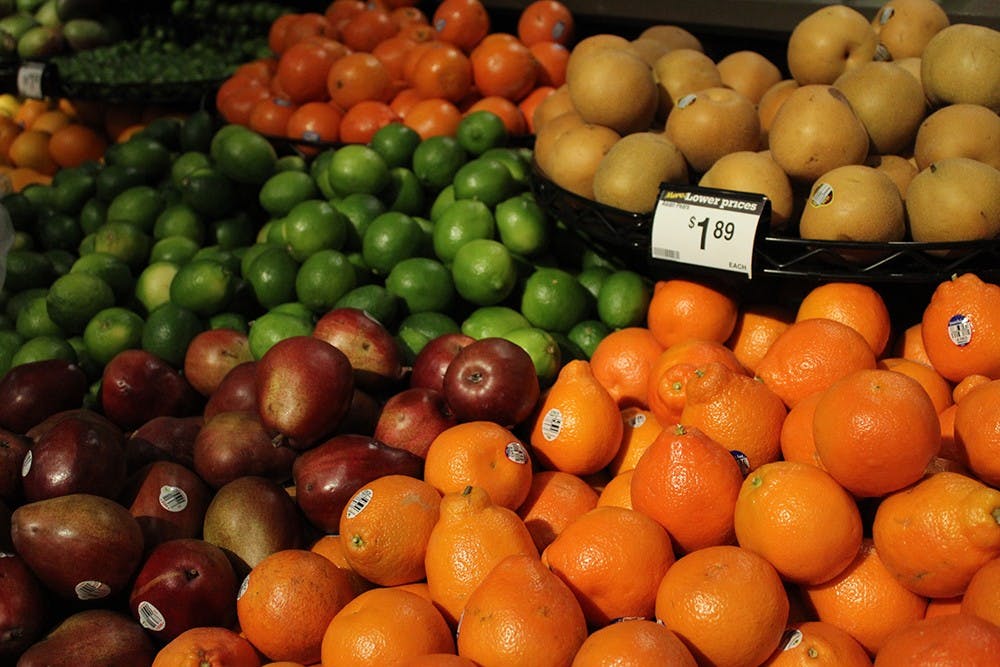A Tempe city council member is leading an effort to remove the city’s food tax, a move that Phoenix already made at the beginning of the month.
Kolby Granville said he wants to remove the tax because it is a regressive tax, one that disproportionately affects the lower income people. This is because an individual will generally spend the same amount on food regardless of income level, Granville said.
The city has a tax of 1.8 percent on food, which Granville said was rare.
“Most states and most cities do not tax food,” Granville said. “It is a regressive tax, because it affects the people who can least afford it on something that they must buy.”
Tempe has had a tax on food since the 1960s when the city adopted a sales tax, Granville said. The money collected generally goes to providing public safety services like police and fire, library services and city code enforcement, Granville said.
“I want to remove the tax on food while slightly raising the tax on everything else to make up for the difference,” Granville said.
The sales tax rate is the same as the food tax rate, but with Granville’s proposed change, it could increase to about 1.92 percent.
City of Tempe Chief Financial Officer Ken Jones complied data for the proposed removal of the tax, and concluded that the general sales tax would have to increase by about 0.12 percent to make up for the loss to the city in food tax revenue.
“We estimate that $6.54 million was related to sales of food for home consumption,” Jones said in a summary of the data collected.
Granville said the increase would be necessary to sustain government services.
“Residents in the city of Tempe have come to expect a certain level of service,” Granville said.
Phoenix’s tax on food, which expired on April 1, was an emergency tax enacted by the city in 2010 to make up for a budget deficiency, Phoenix tax and licensing spokeswoman Esmeralda Saldana said.
Saldana said the city imposed the tax for a limited amount of time because population projections were not amounting to an increase that was expected, and the city needed to decide between raising the tax or cutting services.
However, Saldana said Phoenix’s tax did not apply to people of government assistance for food, meaning groceries bought with EBT or food stamps were not subject to the tax.
“Food stamps sales were exempt from the tax and always have been,” Saldana said. “Low-income people who were receiving food stamps were not affected.”
Saldana said Phoenix will not have to increase other taxes to make up for the loss of the food tax, because the food tax was intended to be temporary. The tax, which began as a 2 percent tax, was decreased to a 1 percent tax in 2014 and completely removed this month, Saldana said.
A Scottsdale city council member has proposed a similar removal of the city’s tax on food.
Granville said the reactions from the public have been universally in support of eliminating the tax and said it is an issue that does not change based on political ideology.
“If you’re generally liberal, you oppose a tax on food because it’s regressive,” he said. “If you’re generally conservative, you oppose it because it’s another tax, so both sides generally support removing it.”
Reach the reporter at Corina.Vanek@asu.edu or follow @CorinaVanek on Twitter.
Like The State Press on Facebook and follow @statepress on Twitter.




